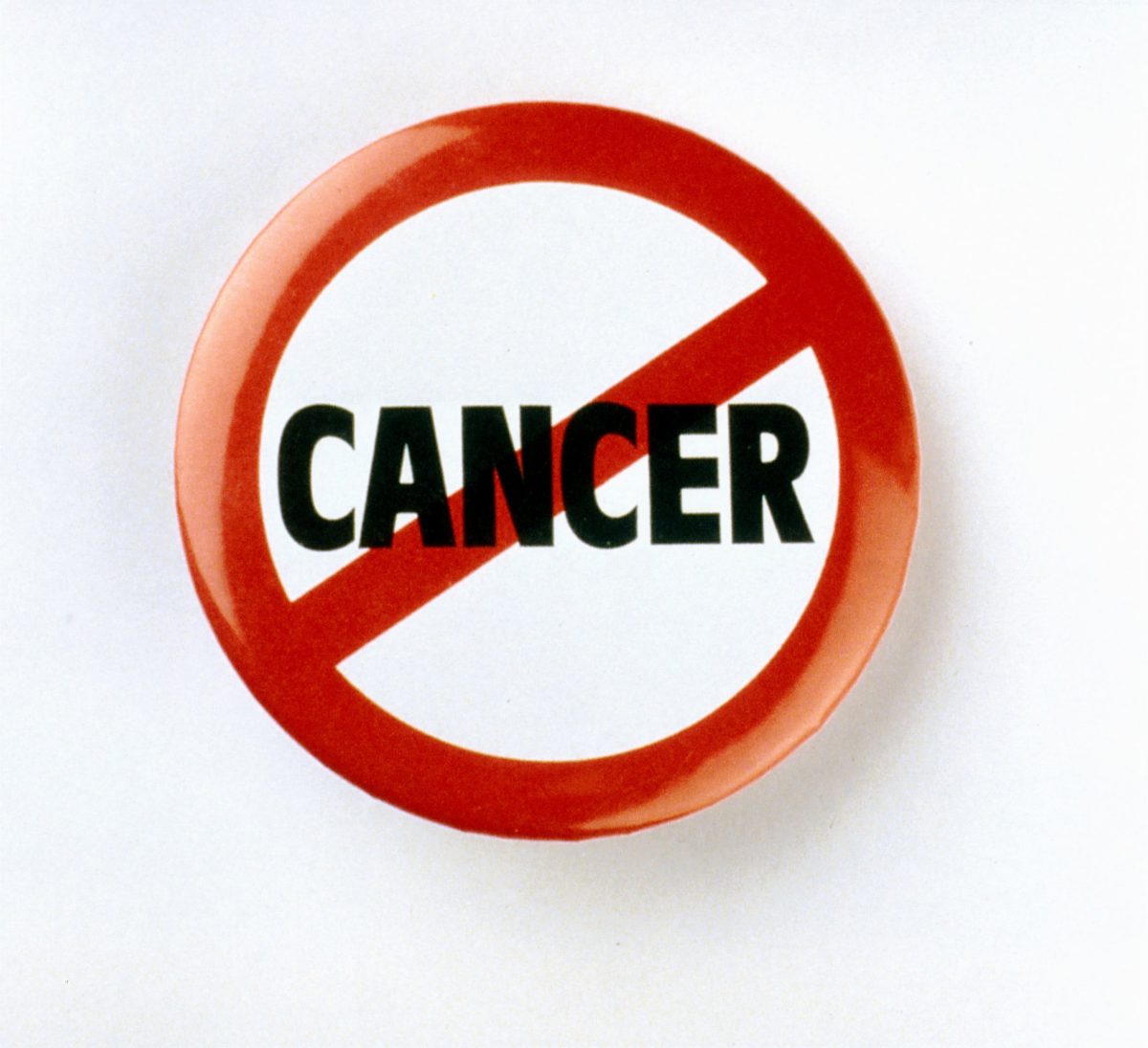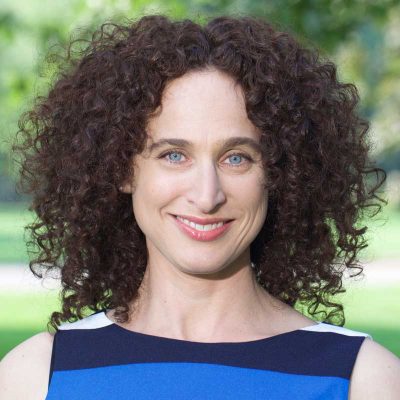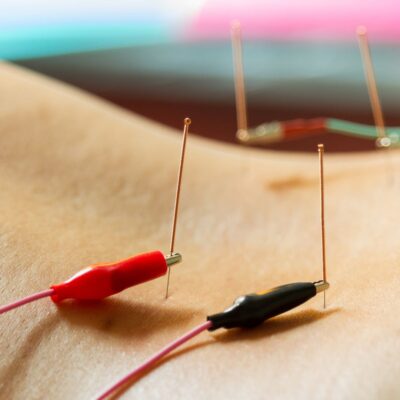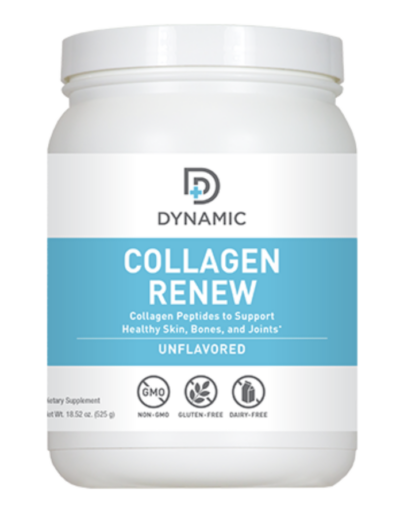Medically Reviewed by Sabrina Felson, MD on May 14, 2021
ARTICLES ON COLONOSCOPY
Even if you’ve never had a colonoscopy, you may have heard about them. The prep work probably got your attention. It involves cleaning out your bowels with a laxative drink the night before. It doesn’t sound too enticing, does it? Yet, there’s a reason why doctors recommend that patients between the ages of 45 and 75 get this exam with or without symptoms.
What Does It Check?
A colonoscopy is a screening test for colorectal cancer (CRC). This is a cancer that starts in the colon or the rectum. Both are a part of the large intestine. The colon absorbs water and nutrients from food and stores the waste, which becomes poop. It then moves from your colon into your rectum before leaving the body.
Symptoms of colon cancer include a change in bowel habits (often constipation), blood in your stool, a feeling that your bowel isn’t emptying, and persistent cramps or gas. Symptoms can also include weight loss, pencil-thin stools, weakness, and fatigue. However, by the time you experience symptoms, the cancer is usually quite advanced.
The American Cancer Society says about 150,000 people will be diagnosed with colorectal cancer in 2020 and 53,000 people will die from the disease. Colorectal cancer is the third most common cause of cancer-related death for both men and women. However, if it is caught early, colorectal cancer has a 90% survival rate.
Not only does it screen for CRC, it is one of the only screening tests that can actually prevent colon cancer. By finding and taking colon polyps out before they become cancer, doctors can prevent their later development into cancer.
The Test
With a colonoscopy, your doctor can see inside your entire colon and rectum. They will use a flexible, hollow, lighted tube about the thickness of a pen called a colonoscope. It has a tiny video camera on the end. Your doctor will gently push the tube inside your colon and take pictures along the way. They will pump small amounts of air inside your colon to keep it open while the tube is in place. The doctor will be looking for polyps (small growths on the colon) that could turn into cancer with enough time. If they find any, they can remove them while they’re doing the exam.
This is why it’s important for a patient to have a clean colon before the exam so that the doctor can get a clear look at what’s going on inside. The exam takes around half an hour.
When Should I Have One?
Your doctor may recommend your first colonoscopy at age 45, because most people who get colorectal cancer are older than this. But, if you have a close relative (like a parent, sibling, or child) who has had colorectal cancer, or if you’re African-American, you may be advised to start earlier (African-Americans are more susceptible to the disease). The good news is that you only need to do this test once every 10 years, unless the doctor finds any polyps the first time. Then you might need to have your second colonoscopy within 3 to 5 years.
There are other ways to detect colon cancer:
A fecal occult blood test checks a stool sample for blood. It needs to be done annually.
Fecal immunochemical test (FIT) uses antibodies to detect human blood in your stool. It’s also done once a year.
FIT-DNA test is a combination of the FIT with a second test that looks for altered (cancerous) DNA in your stool. It’s done every 1 to 3 years.
CT Colonography uses X-rays and computers to give your doctor images of your entire colon to analyze.
A sigmoidoscopy is similar to a colonoscopy, but it examines your rectum and only part of your colon. It can be done by a primary care physician and doesn’t involve sedation. However, you still have to prepare your bowels in advance.
If a polyp is found, you’re still going to need a colonoscopy to have it removed. The same is true if blood is found in your stool sample. That’s why the colonoscopy is considered the gold standard because it combines detection with treatment.
The most common reason people give for not having a colonoscopy is that their doctor never mentioned the test to them. If your doctor doesn’t mention it, ask if you are due for one.The second reason is the bowel prep.

So, if your doctor is advising you to get this test, you’re already ahead of the game. Now you’ve just got to deal with the bowel prep. Fortunately, there are a number of different preparation methods out there. Check with your doctor for the best one for you. It’s a small price to pay for cancer prevention.



